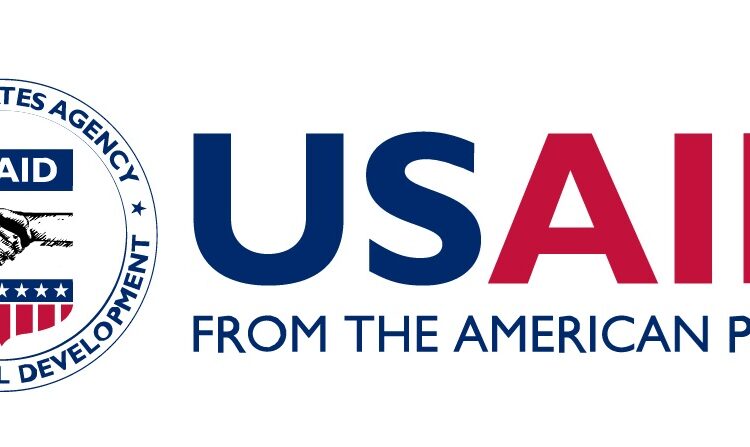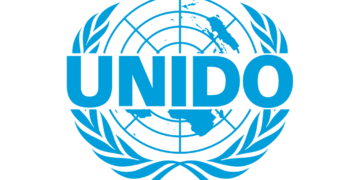Taraba State government and United States Agency for International Development (USAID) have partnered to control HIV/AIDS in three local government areas of the state.
In a press statement released by the state commissioner for health, Dr. Budiya Buma, revealed that the ministry had unveiled an ambitious strategy aimed at improving the management and coordination of HIV response efforts across the three local government areas including Ardo-Kola, Donga, and Bali.
He said the collaboration sets its sights on achieving epidemic control of HIV by the close of 2025 which the primary focus of the partnership is to establish a resilient healthcare system, empower local healthcare partners, and improve the quality of life for individuals affected by HIV.
“It is against this backdrop, that Taraba State Ministry of Health unveiled an ambitious strategy aimed at improving the management and coordination of HIV response efforts across three local government areas: Ardo-Kola, Donga, and Bali.
This initiative, in partnership with USAID through the Reaching Impact Saturation and Epidemic Control (RISE) project, implemented by Jhpiego and other consortium partners, represents a significant milestone in the state’s commitment to combating HIV/AIDS.
“Within this strategic collaboration, Taraba State will utilize its human resources to spearhead the technical implementation of key activities in Ardo Kola, Donga, and Bali local government areas,” he said.
The commissioner therefore expressed gratitude for USAID/RISE’s ongoing support, highlighting their efforts in strengthening the capacity of government staff in handling HIV response.
“We are committed to ensuring that every individual living with HIV in Taraba State receives the care, support, and treatment they rightfully deserve, we affirm that the partnership with USAID/RISE underscores the state’s dedication to enhancing the health and well-being of the communities,” he added.
He further revealed that plans are in motion to introduce free screenings for triple elimination (hepatitis, syphilis and HIV) as part of the state’s health insurance coverage with focus on pregnant women.




